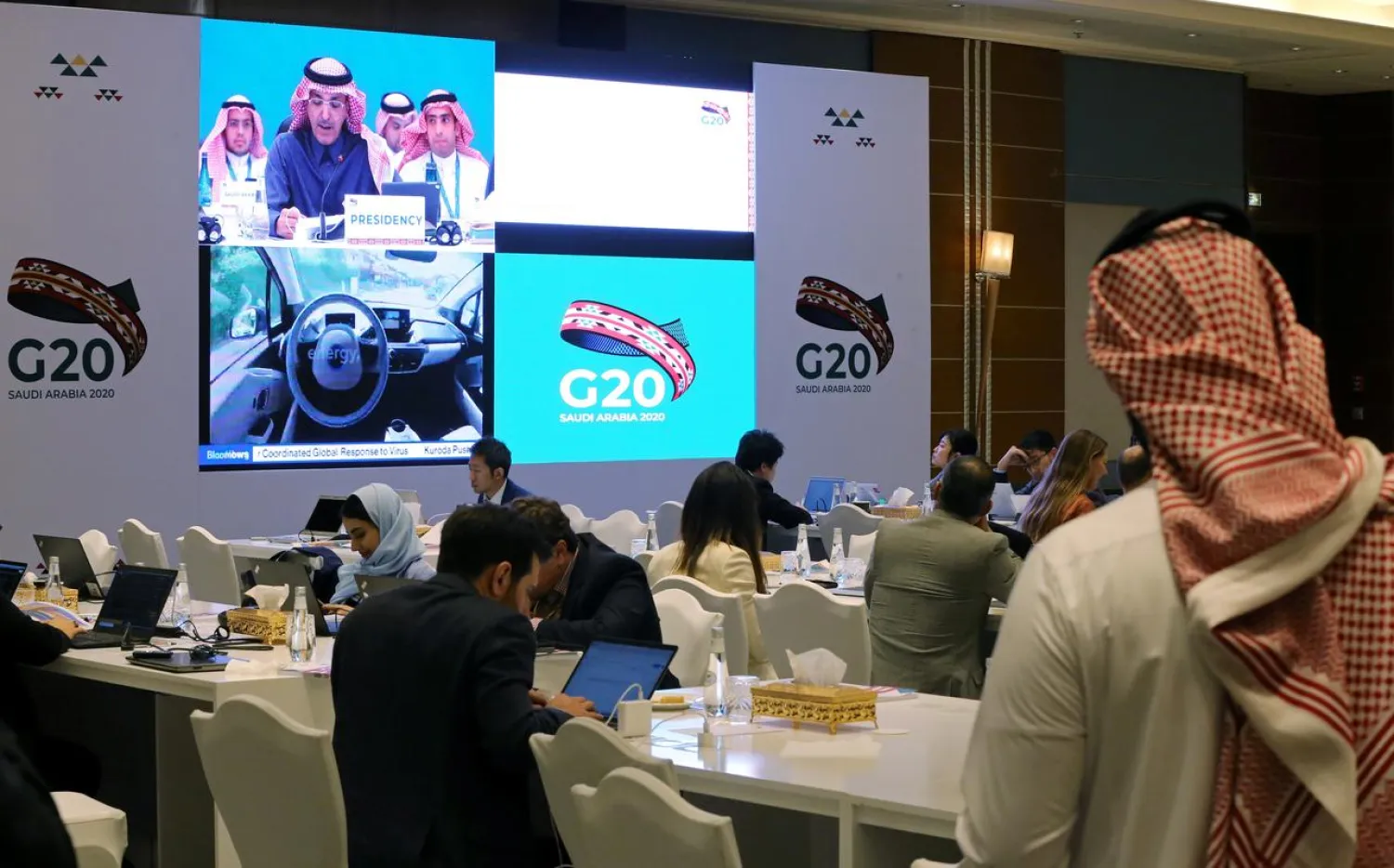G20 finance ministers and central bank governors on Friday pledged to take "appropriate" fiscal and monetary measures in responding to the coronavirus outbreak.
In a joint statement issued by G20 chair Saudi Arabia, the ministers, who met in Riyadh last month, said they welcomed measures and plans already put forward by countries to support economic activity.
"We are ready to take further actions, including fiscal and monetary measures, as appropriate, to aid in the response to the virus, support the economy during this phase and maintain the resilience of the financial system," the group said.
In their Feb. 22-23 Riyadh meeting, the G20 ministers called for monitoring of the virus, known as COVID-19, and said they were ready to address its risks.
The ministers also said Friday they would work with the international community to help developing countries cope with the outbreak's impact.
"We underscore the need for cooperation to mitigate risks to the global economy from unexpected shocks," the ministers said, adding that they would share information and work with international agencies to devise COVID-19 policy options, including the International Monetary Fund, the World Bank, the Organization for Economic Cooperation and Development, the Financial Stability Board (FSB), and the World Health Organization.









